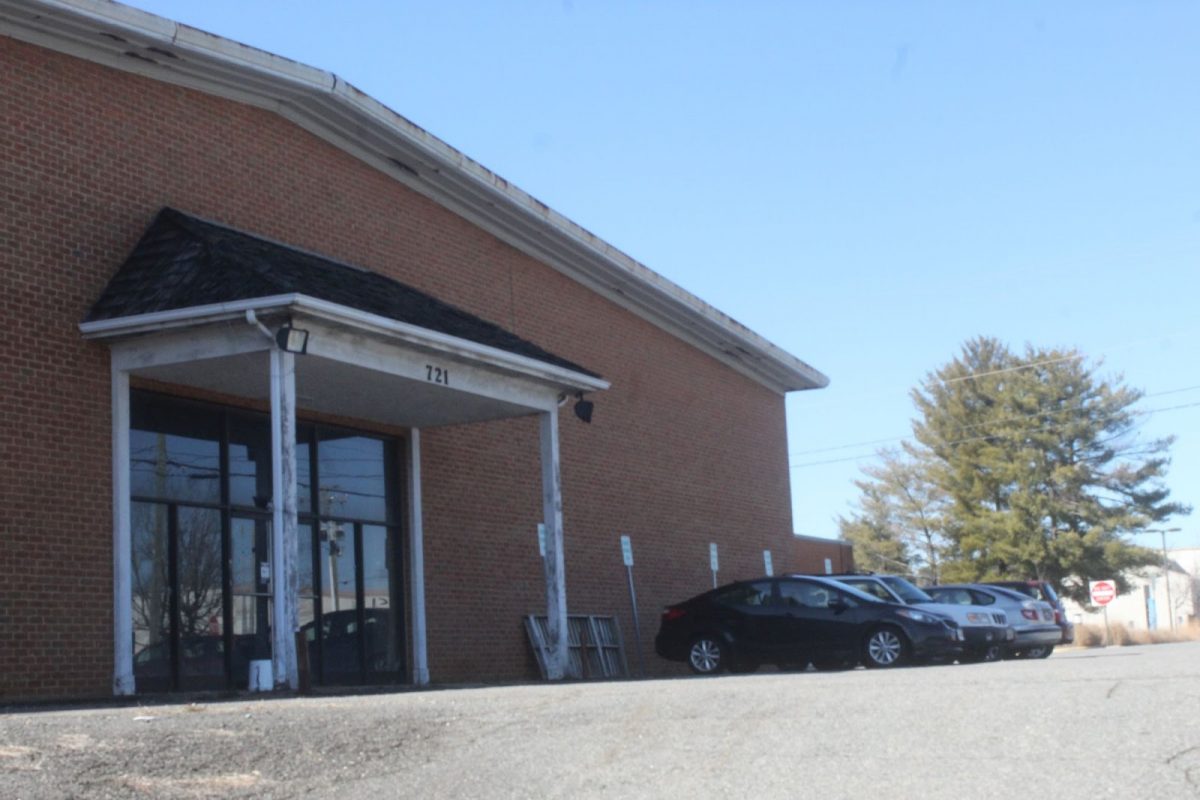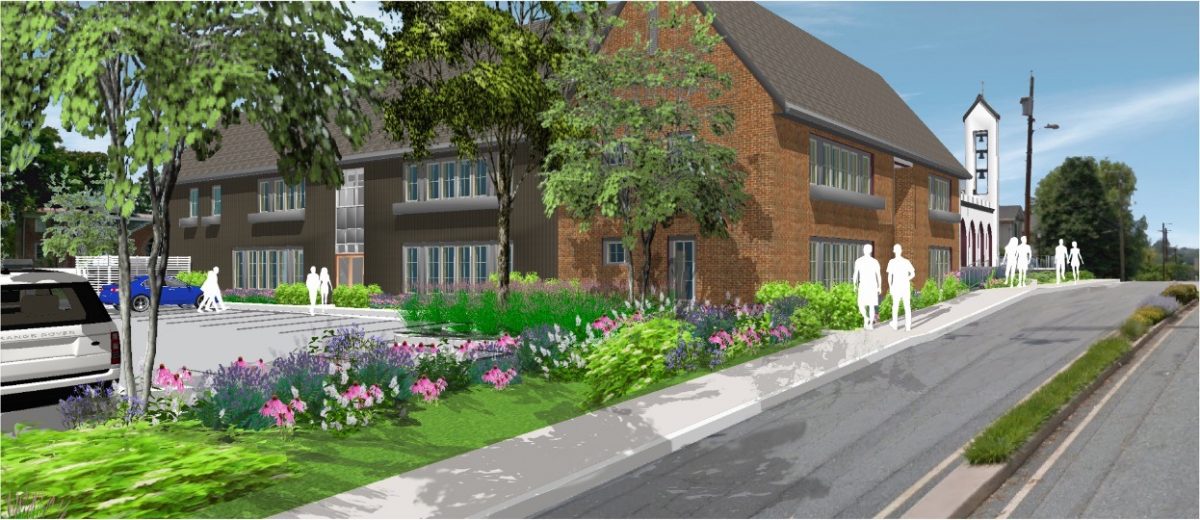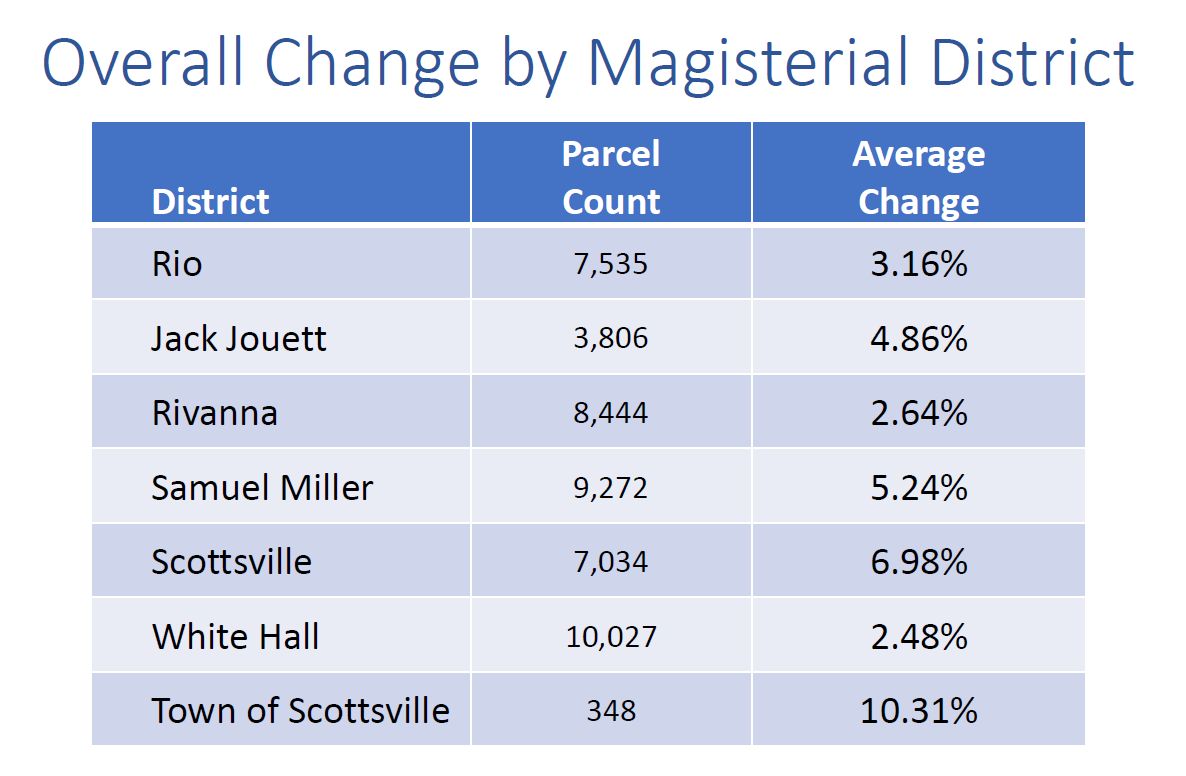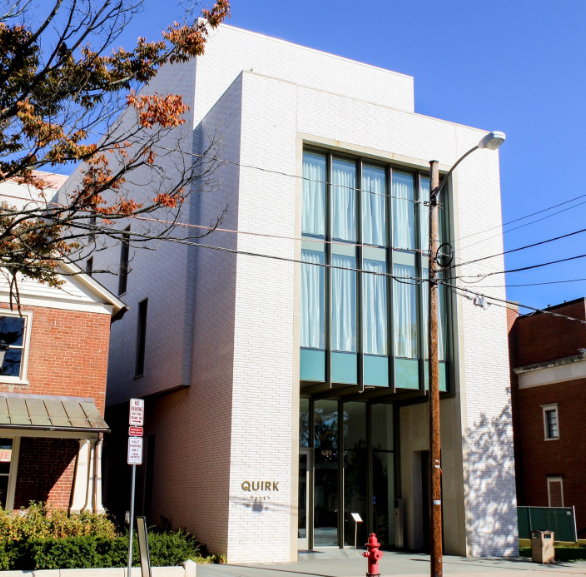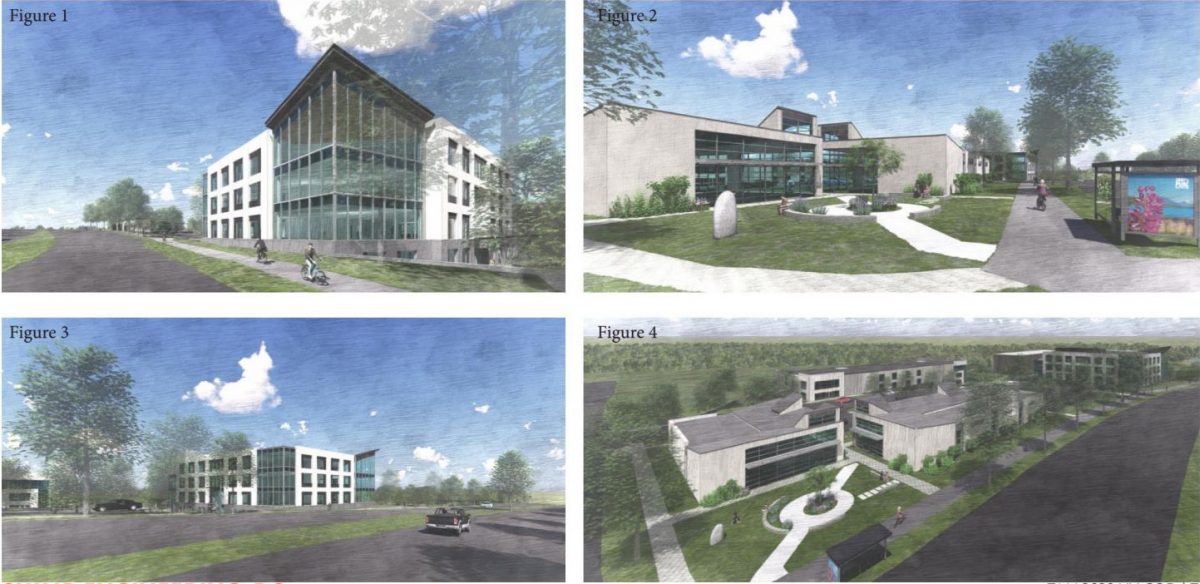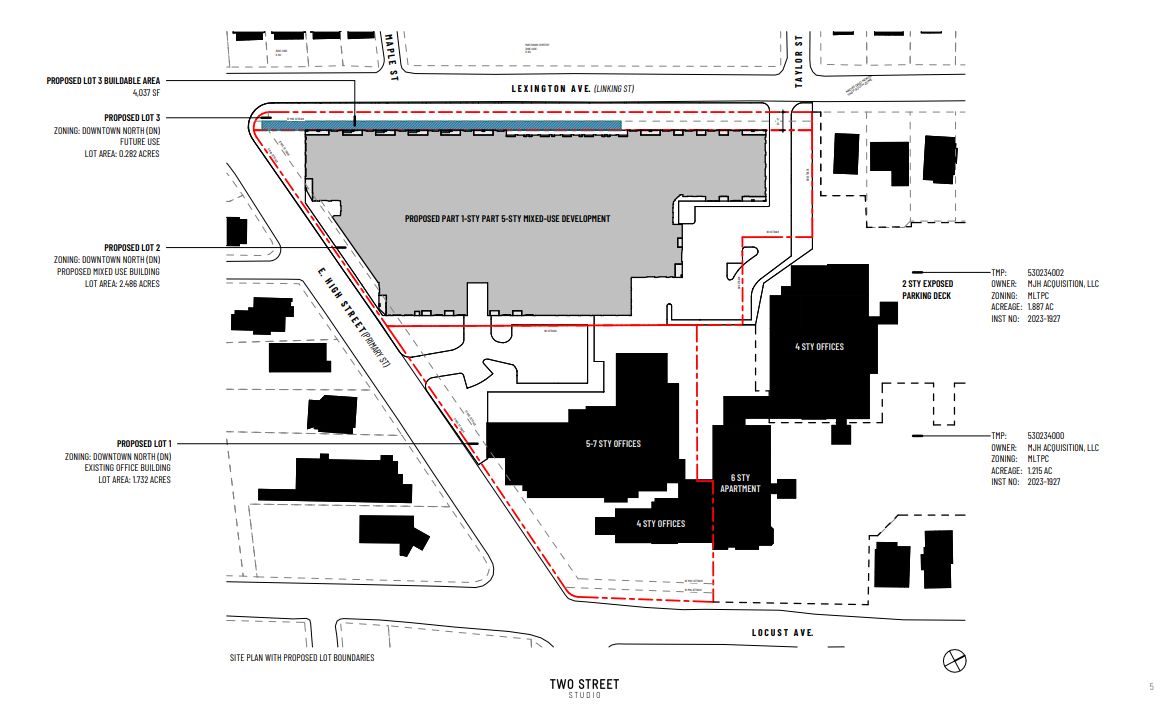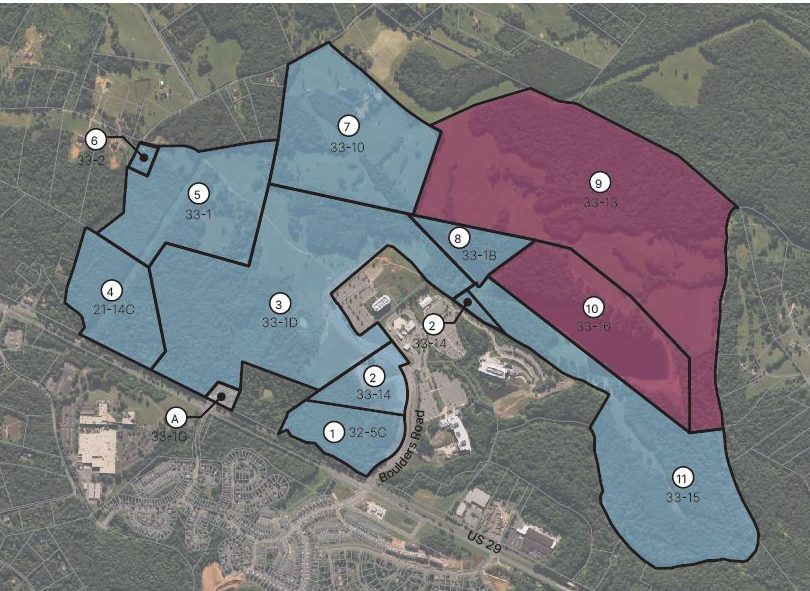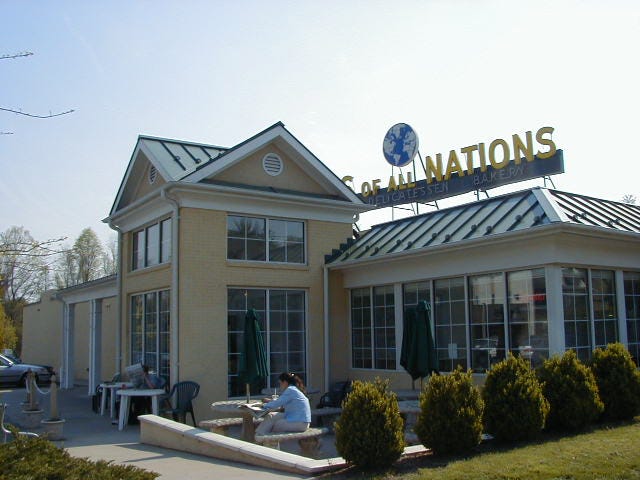As part of the adoption of the development code on December 18, 2023, a divided City Council set a date of August 31 for when projects would be reviewed under the new rules and would be subject to new affordability requirements.
Councilor Natalie Oschrin was in the audience as a community member in December, but she was on the dais on February 5.
“I thought it was very strange that it was retroactive and it was a 3-2, and if I had been up here that day, it would have been a 3-2 vote in the other direction,” says Oschrin, who was sworn in at the end of 2023.
The Charlottesville Area Development Roundtable sent a letter to council requesting that the date be moved to December 18. City Councilors Michael Payne and Lloyd Snook disagreed out of a concern that the city would lose millions that would be paid into the Charlottesville Affordable Housing Fund under higher pay-in-lieu fees under the new code.
“It’s a complete mess and $30 million, even $10 million or $20 million, is the difference between a homeless shelter being built or all phases of public housing getting built or not,” Payne says.
There are only a handful of projects that were submitted under the old rules that would be affected. The 3-2 vote to move the cut-off date forward was not anticipated on the agenda and came at the end of a very long meeting.
One new component that comes with the new rules is a city website that allows anyone the chance to review the hundreds of permits that come through City Hall each month.
“Anyone can view the projects that are in front of the city through our public portal, so you can pull that open, see the plans and see what’s coming, and then of course you can submit questions directly to the Neighborhood Development Services office,” says James Freas, director of Neighborhood Development Services.
The portal is active, though not all of the site plans are uploaded, as is the case with 1216 River Vista Ave., which was bought by Mount View Properties, purchaser of the single-family detached house in December for $425,000. This property is adjacent to a future 72-unit development the company obtained a rezoning for in 2022.
Another item to track in the portal as the new development code comes into effect is whether landowners will take advantage of the additional density built into the new rules.
The owner of 1105 Grove St. in Fifeville has filed for a demolition permit for a single-family structure that straddles two lots. That work has an estimated cost of $10,000. The property is not currently listed, but marketing materials state that the new Residential A zoning would allow three units per lot. However, the new system puts a lot of discretion in Freas’ hands.
“This information would need to be verified by the City of Charlottesville zoning administrator,” reads the realtor’s website for the property.
A question to ask a lot in the coming months is: How will the public find out?

